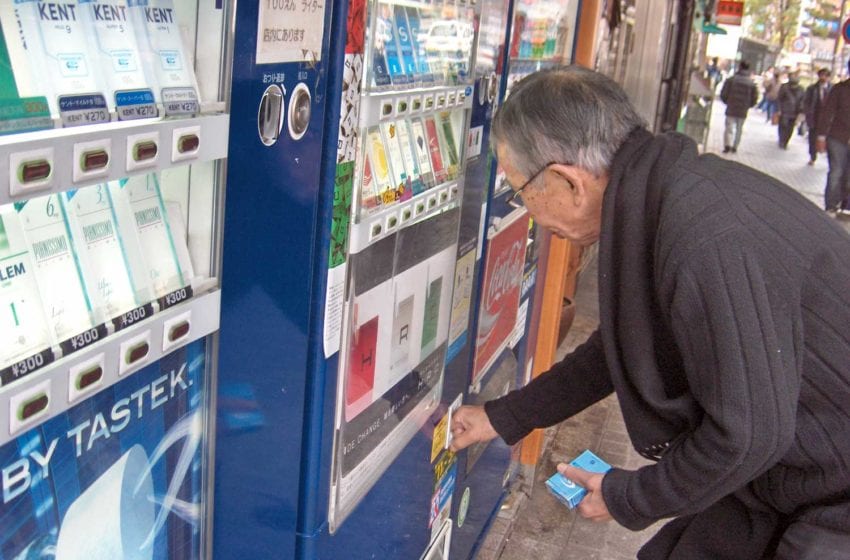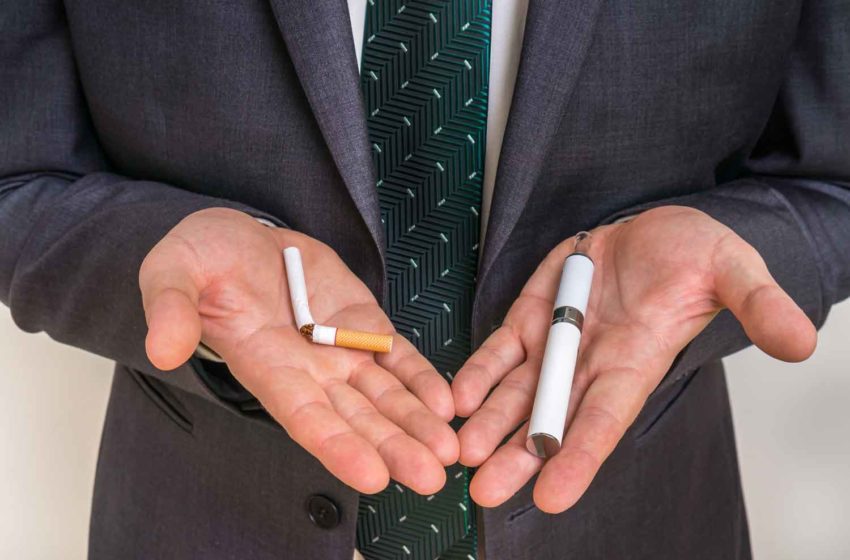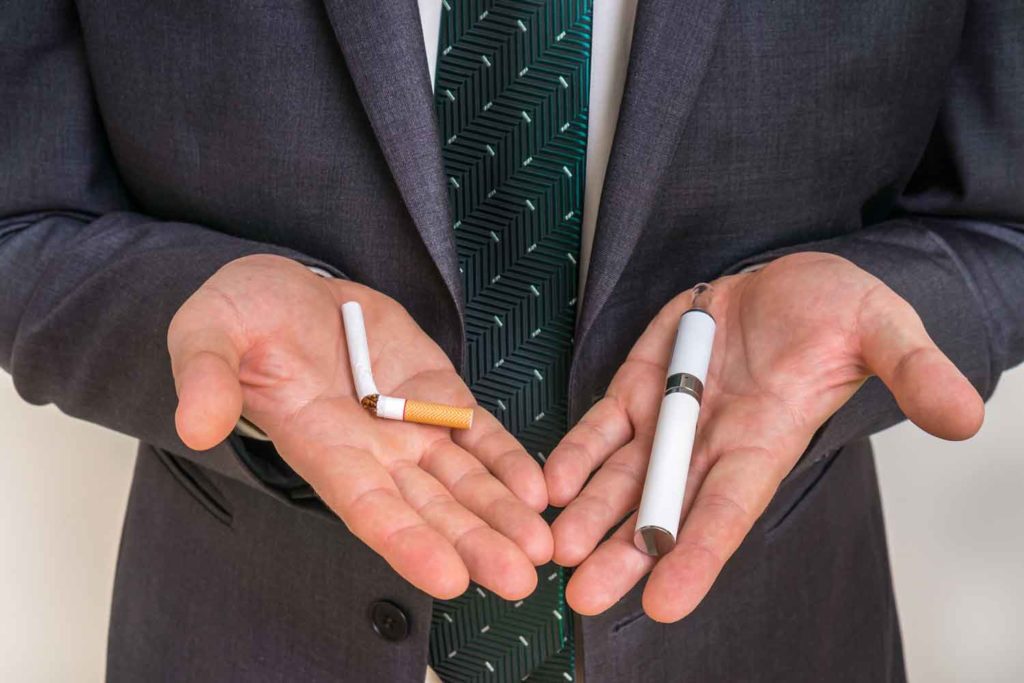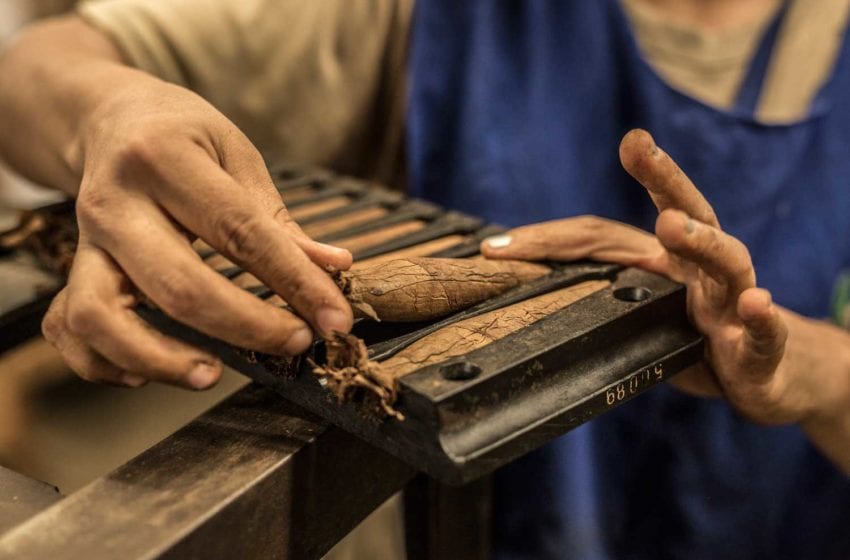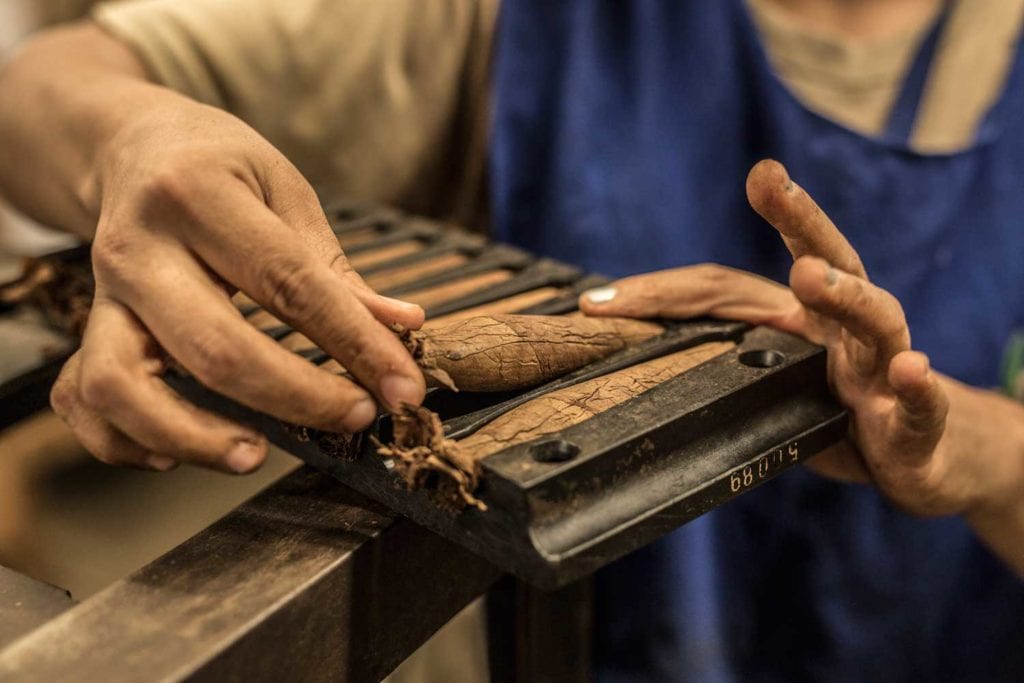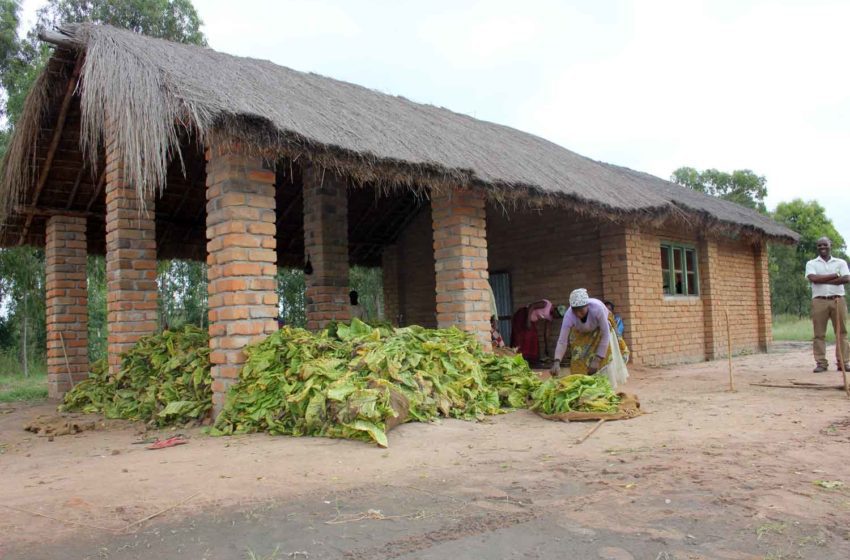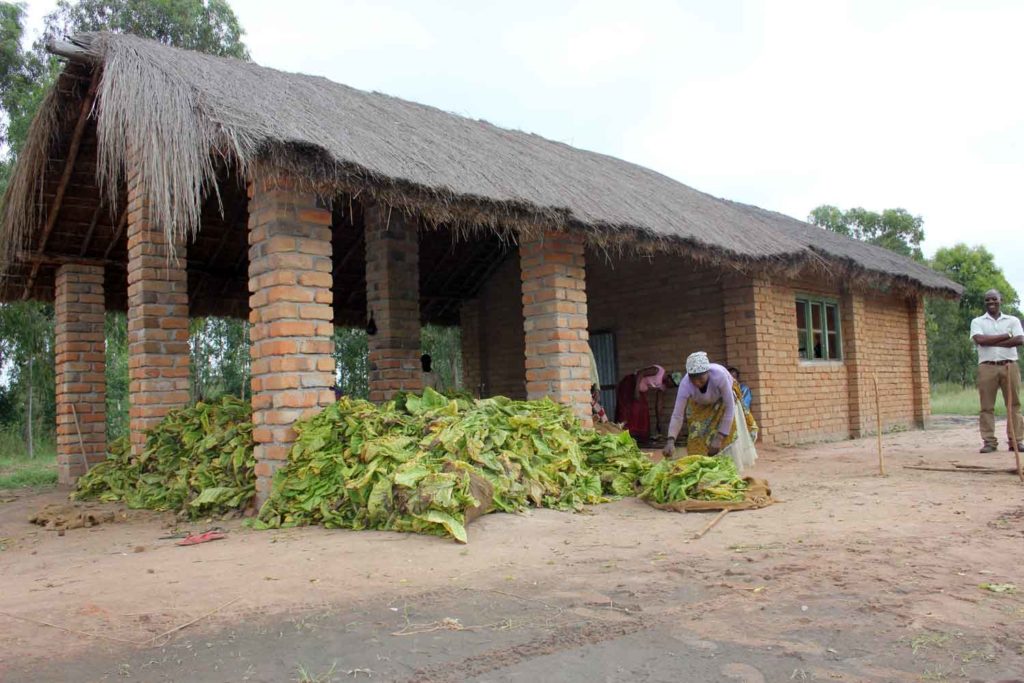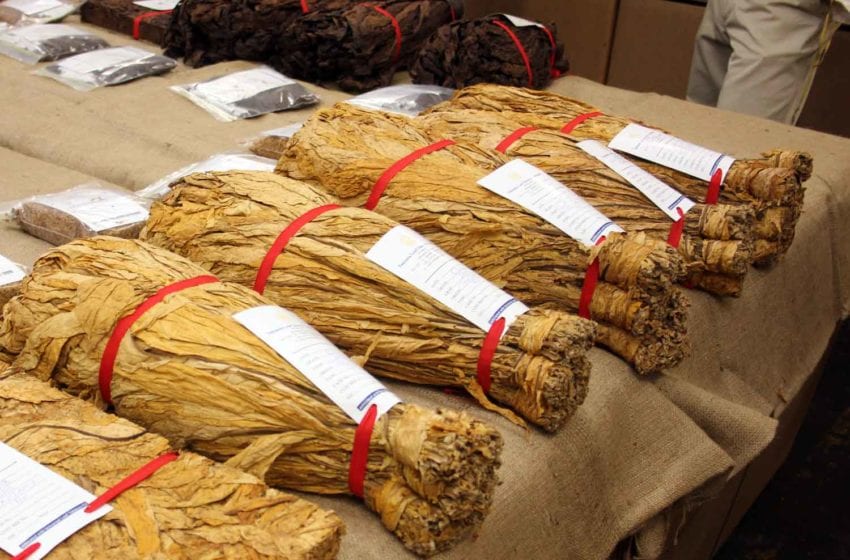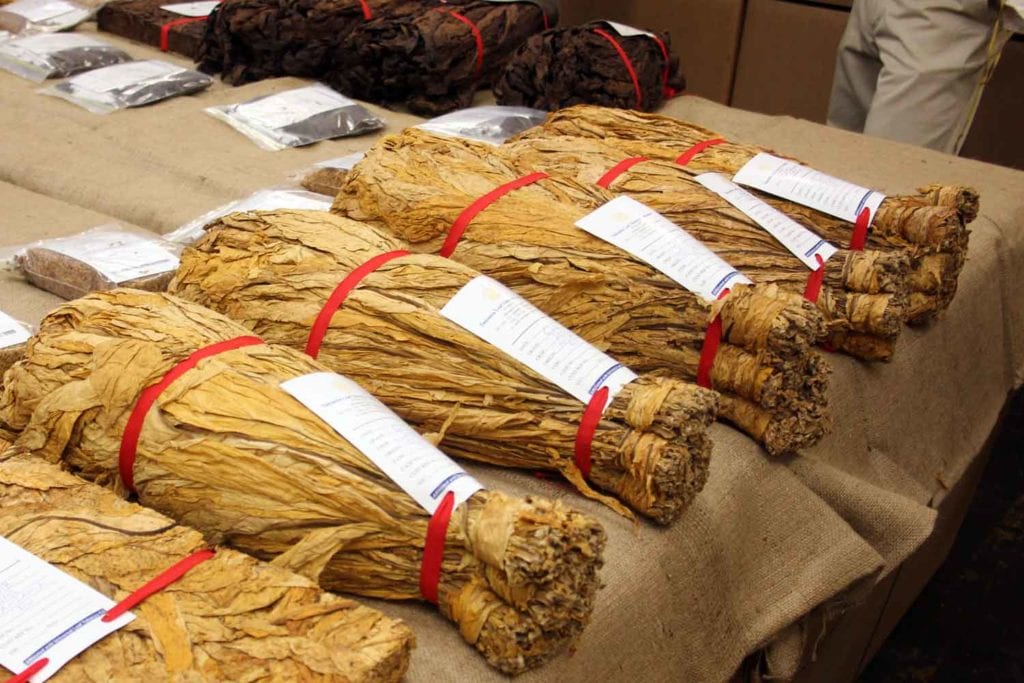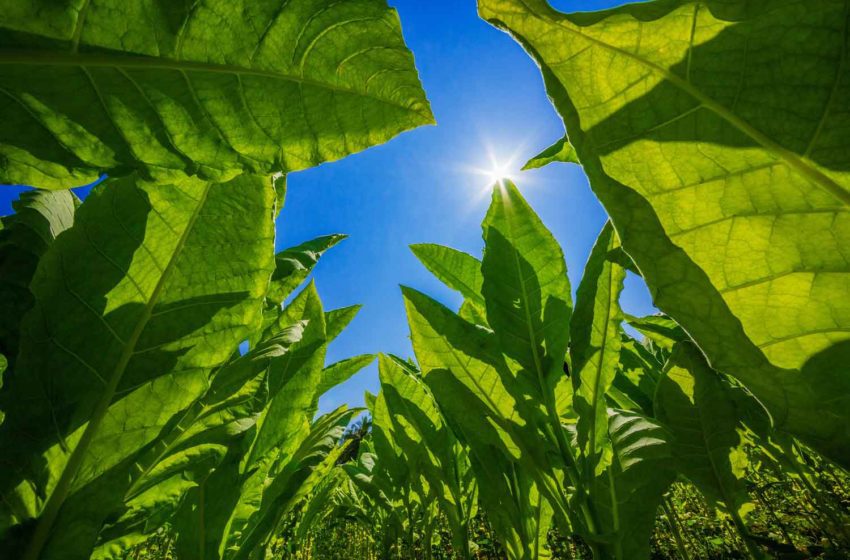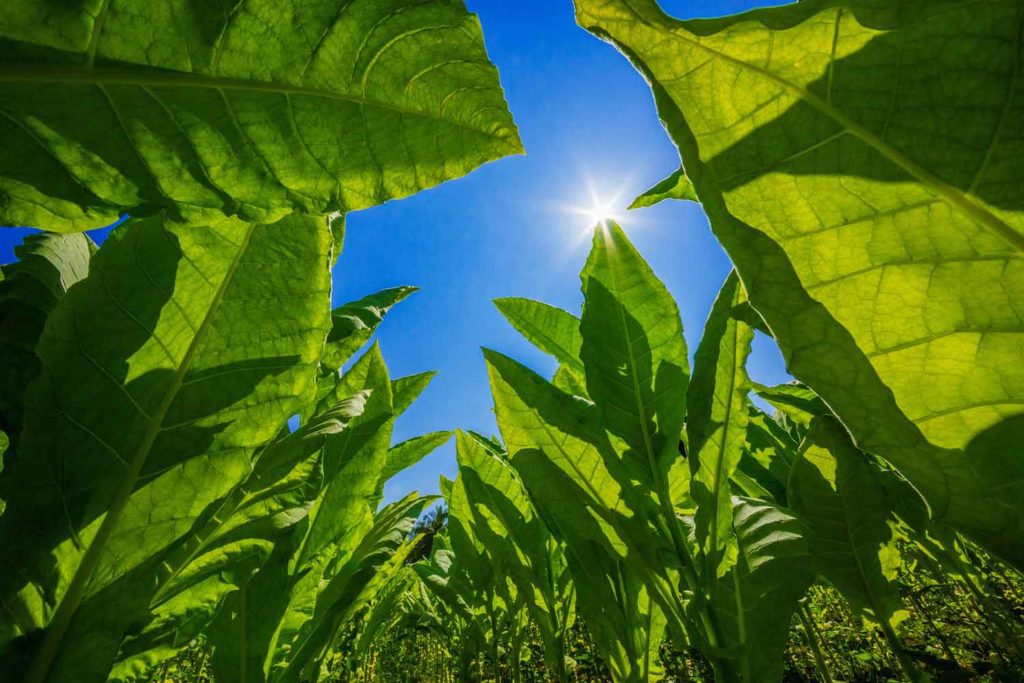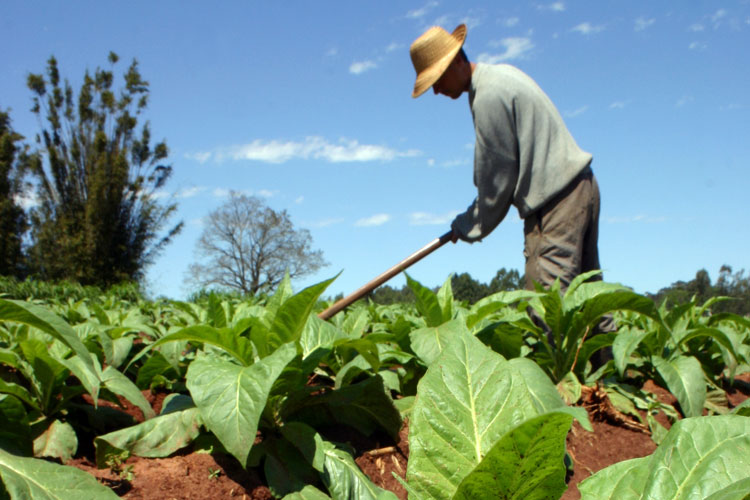
British American Tobacco has surprised some observers by calling for higher cigarette taxes in Japan, reports the Japan Times.
The company has submitted the request in writing to a group of lawmakers ahead of a tax system reform scheduled for 2022.
The unusual move by a tobacco-maker comes as Japan is slated to raise its tobacco tax only for heat-not-burn (HnB) tobacco products in October 2022, which is expected to make some of such products more expensive than cigarettes.
BAT is concerned that this will discourage smokers from switching to HnB products, which the company believes are less harmful to health than combustible cigarettes.
The company is also requesting that the tax on heat-not-burn tobacco be increased at a slower pace than that for cigarettes in the medium to long run.
In 2018, the government decided to increase the cigarette tax by ¥1 per cigarette each in 2018, 2020 and 2021 and the tax on heat-not-burn products in five stages from 2018 to 2022.
According to the Tobacco Institute of Japan (TIOJ), sales of cigarettes in fiscal 2020, which ended last March, dropped 11.8 percent from the previous year to ¥2.47 trillion, due in part to a fall in opportunities to smoke outside home as people stayed at home amid the coronavirus pandemic.
Tobacco harm reduction activists attribute the sharp drop in smoking to the rising popularity of HnB products.
The TIOJ’s first survey of HnB products showed sales of ¥1.06 trillion, or more than 40 percent of the country’s cigarette sales.

